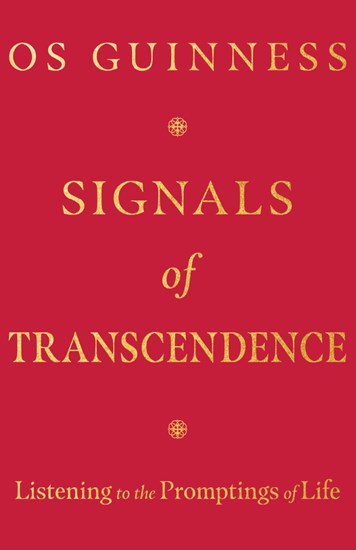The Pharisaical Mindset in Modern Christianity: Remembering the Mission of Jesus
By Brandon Anchant, Intern In today’s Christian community, there exists a pervasive atmosphere of a pharisaical mindset. This mindset is characterized by...
Apologetics is changing, and it’s a good thing, too. The old paradigms of apologetics are finally taking their proper roles as one character among many in the apologetic endeavor and not the whole show. For too long the most popular approaches, evidentialism and classical apologetics, have been the only ways most Christians in the West knew to engage unbelief. While useful tools when dealing with unbelievers with modern, Enlightenment-driven objections, they provide little help with post-modern and post-Christian objections. People who reject science and logic as imperialist, Western, white hegemony to be regarded with suspicion care little about your evidence and arguments. They find Christianity to be distasteful and implausible. No amount of science and logic will change that.
Into this 21st-century reality have come new apologetic resources, rooted in presuppositional apologetics, that emphasize reality and universal human experience as tools to supplement evidence and logic. Examples of this more holistic approach include Josh Chatraw’s Telling a Better Story (Zondervan) and Glen Scrivener’s The Air We Breathe (The Good Book Company). These books, among others, understand that because every person is made in God’s image and lives in God’s world, some of their experiences, intuitions, longings, and habits will irresistibly point to the truth of the God who has revealed himself and whom they know, despite their suppression (Rom. 1:18-25).
One such book is Os Guinness’ forthcoming book, Signals of Transcendence: Listening to the Promptings of Life (IVP, 2023). In this volume, Guinness tells the stories of a number of famous individuals who could not ignore what he calls the signals of transcendence, those internal, cultural, and universal impressions of God’s presence and truth in this world, despite their attempts to silence them. Guinness expands the notion found in Romans 1 that every person knows God exists and knows some truth about Him by virtue of God unmistakably communicating that truth in the things he has made. He explains:

“The advanced modern world has a lopsided view of reality and of how truth may be found. It majors on what can be known through rational logic and sensory perception, so that scientific observation and experimentation form the main body of modern knowledge. The effect is to minimize intuition, even though intuition plays an undeniable part in all creativity and discovery, whether artistic or scientific. Archimedes’ “Eureka!” and Isaac Newton’s response to the falling apple were a matter of intuition and not observation; so too were the creative breakthroughs of Galileo, William Shakespeare, Johann Sebastian Bach, Wolfgang Amadeus Mozart, Ludwig van Beethoven, and countless others. Overall, this shrunken view of truth and modern knowledge acts to form a gigantic global conspiracy against transcendence. It has become a prominent but unfortunate feature of modern civilization, which helps us to be superachievers materially but underachievers spiritually. It patrols the boundaries of what modernity considers real and unreal. As modern people, we have grown unused to the sound of any voice beyond the immediate and the urgent. Signals of transcendence require a listening that is attention at its best. But while the signals are harder to hear today, they are more important than ever to hear. The how and the what of life rush at us every day with their urgency, but the why is even more important, and that is where we must begin if we desire to explore the whole of reality and discover true meaning and purpose.” (Location 68)
This concept is critical to apologetics in our post-Enlightenment and post-Christian world. Every unbeliever struggles with reconciling his or her particular brand of unbelief or religion with the truth that God has communicated in this world by means of creation and the coming of Christ. This volume takes seriously the idea that no unbeliever can suppress the truth about God ceaselessly and so must, at times, be confronted with the truth that God is real, man is fallen and guilty, God will judge, and there must be a way to make atonement for sin. If we would all do apologetics with the realization that every unbeliever is haunted by signals of transcendence, I believe it would embolden us to speak of Christ as the answer to these signals.
By Brandon Anchant, Intern In today’s Christian community, there exists a pervasive atmosphere of a pharisaical mindset. This mindset is characterized by...
5 Themes To Spark Faith Conversations INFOGRAPHIC How can we talk about Jesus in a way that connects with the people around us? Inspired by Dan Strange’s...
POCKET GUIDE TO EVANGELISTIC & APOLOGETIC QUESTIONS DOWNLOADABLE RESOURCE The Pocket Guide to Evangelistic & Apologetic Questions by Jeff Mindler...